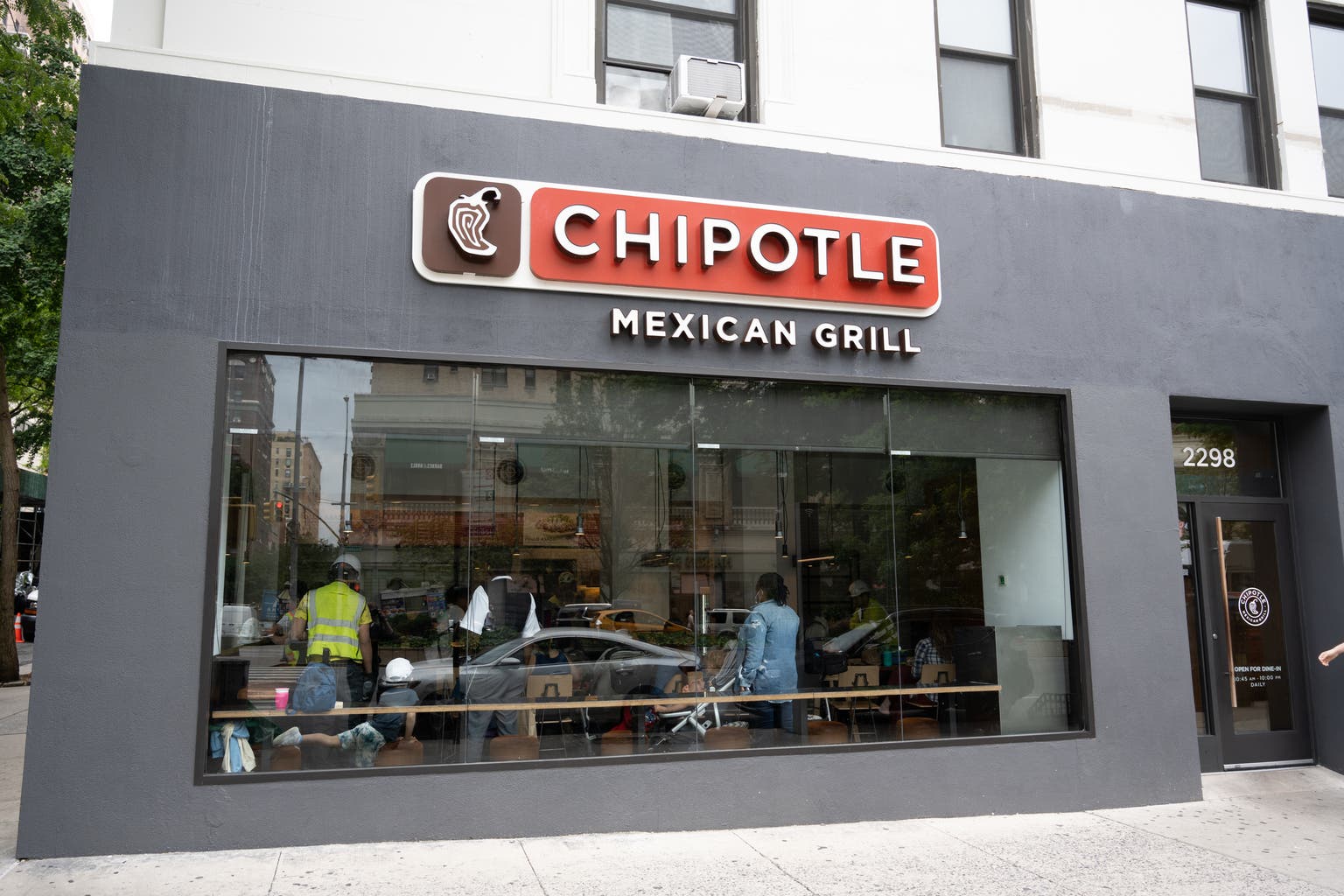By Albert Grosman & Brian Lund, CFA
Finding Disciplined Gains Amid Speculation
Market Overview
The third quarter of 2025 was a period of dramatic resurgence for small cap equities, as the Russell 2000 Index advanced 12.4%, not only outpacing its large cap peers but also setting a new all-time high after nearly three years. The rally was driven by a confluence of factors: a sharp improvement in earnings revision breadth, persistent optimism around Federal Reserve rate cuts, and a continued appetite for speculative growth and high-beta stocks. Retail investors remained a dominant force, fueling momentum in a narrow set of names and driving both the breadth and concentration of returns. While momentum and high-beta factors led the way, value and profitability continued to lag, extending a trend that has now reached historic proportions.
Despite these gains, volatility remained subdued, and valuations stretched, fostering a sense of complacency even as policy and macroeconomic risks persisted. For active managers, the quarter was challenging, as the dominance of speculative winners and the narrowness of leadership made it difficult for fundamentally driven strategies to keep pace.
Portfolio Performance
The ClearBridge Small Cap Strategy generated positive absolute performance shaped by broad participation across several sectors but modestly trailed the benchmark.
Materials was a leading source of relative strength for the portfolio, driven by exposure to critical supply chains and favorable commodity cycles. The standout in this group was MP Materials, the only scaled producer of rare earth elements in North America. MP Materials’ shares soared as the company secured new supply agreements with the U.S. Department of Defense and continued to benefit from government support for domestic rare earth production, which is critical for electric vehicles and clean energy. Warrior Met Coal (HCC), a metallurgical coal producer, also contributed positively, benefiting from further success in developing and expanding production from Blue Creek, a low-cost mine that is ramping production of high-quality metallurgical coal, while Eagle Materials (EXP), a supplier of cement and building materials, benefited from ongoing resilience in construction activity.
Information technology was another bright spot, with several holdings delivering strong relative results. TeraWulf (WULF), a vertically integrated bitcoin mining and energy infrastructure company, was a top contributor as cryptocurrency prices rebounded and it was revealed that Google (GOOG, GOOGL) was taking a significant stake in the company. TeraWulf is quickly pivoting from being a crypto miner to becoming an AI infrastructure provider for hyperscale customers. Penguin Solutions (PENG), a provider of high-performance computing and AI infrastructure, also delivered robust gains, benefiting from increased demand for AI-related hardware and data center solutions. Finally, Photronics (PLAB), a leading manufacturer of photomasks for the semiconductor industry, advanced on continued strength in the semiconductor cycle and persistent demand for advanced chips.
Communication services was the leading detractor from relative performance, stemming from an uncertain outlook in cyclical and structural shifts in media, advertising and consumer engagement. Despite posting second-quarter earnings that came in above market expectations, Criteo (CRTO), a digital advertising technology provider, struggled amid sector-specific headwinds and competitive pressures, as digital ad spending remained volatile and investors remained cautious about challenges in maintaining its market share. Despite positive second quarter earnings, gambling marketing company Gambling.com (GAMB) also declined after cutting its full year outlook due to changing search algorithms impacting traffic and subscriber growth, raising fears that AI may cut into search engine optimization. The stock also suffered from potential earnings dilution related to its Spotlight.Vegas acquisition.
Consumer discretionary was another area of relative weakness. Murphy USA (MUSA), a leading operator of gas stations and convenience stores primarily located near Walmart (WMT) locations, was the notable detractor. The company’s shares struggled as it reported weaker-than-expected earnings, driven by lower fuel volumes, rising operating expenses and a decline in same-store sales — even as total merchandise sales increased.
Portfolio Positioning
One notable addition was Quaker Houghton (KWR), a global specialty chemicals company in the materials sector serving industrial and manufacturing end markets. We initiated a position as the company appeared to be nearing the bottom of its estimate revision cycle, with embedded expectations that seemed overly pessimistic relative to its long-term growth prospects. We believe that Quaker Houghton’s resilient business model leaves the company exceptionally well positioned to bolster its growth to above-industry average as it improves margins and returns.
“For those of us who remain committed to disciplined, bottom-up investing, it can feel as though the market is rewarding everything but fundamentals.”
We also established a new position in Avidity Biosciences (RNA), a development-stage biotechnology company with a proprietary platform for delivering RNA-based therapeutics to muscle tissue. The company’s pipeline offers a wide range of potential outcomes, with a strong probability of a positive clinical readout from its pipeline likely to produce a positive rerating in the share price.
We exited our position in Vivid Seats (SEAT), an online ticket marketplace that connects fans with live event tickets. While the company has a strong brand and a differentiated technology platform, the secondary ticketing market has become increasingly challenging. Competitive pressures have intensified, particularly from larger platforms engaging in uneconomic pricing strategies, which have eroded margins and made it difficult for Vivid Seats to maintain its market share.
Outlook
We recognize that this remains a difficult time for active small cap investors. The market’s relentless focus on speculative, high-beta and often unprofitable companies has made it challenging for fundamentally driven strategies to keep pace. Retail-driven momentum and thematic speculation have dominated the landscape, leaving many high-quality, cash-generative businesses overlooked. For those of us who remain committed to disciplined, bottom-up investing, it can feel as though the market is rewarding everything but fundamentals.
Yet, even in this environment, we are beginning to see green shoots. Earnings revision breadth has improved, and there are early signs that the pendulum may be swinging back toward companies with real earnings power and sustainable business models. Valuations for small caps remain attractive relative to large caps, and history suggests that periods of rampant speculation are often followed by a renewed appreciation for quality and discipline.
As the market cycle evolves and fundamentals reassert themselves, we believe our focus on high-quality businesses, strong balance sheets and long-term growth drivers will be rewarded. While the path may not be linear, we are steadfast in our conviction that patience, discipline and commitment to fundamental research will ultimately deliver value for our clients.
Portfolio Highlights
The ClearBridge Small Cap Strategy underperformed its Russell 2000 Index benchmark during the third quarter. On an absolute basis, the Strategy had gains in 10 of the 11 sectors in which it was invested during the quarter. The leading contributors were the IT and materials sectors, while the communication services sector was the sole detractor.
On a relative basis, overall stock selection detracted from performance. Stock selection in the communication services, industrials, consumer discretionary and energy sectors weighed on performance. Conversely, stock selection in the materials, IT and utilities sectors, as well as an overweight to the materials sector, proved beneficial.
On an individual stock basis, the biggest contributors to relative returns in the quarter were MP Materials, TeraWulf, Arrowhead Pharmaceuticals (ARWR), Primoris Services (PRIM) and Talen Energy (TLN). The largest detractors were Bloom Energy (BE) (not held), Gambling.com, Euronet Worldwide (EEFT), Silgan (SLGN) and Murphy USA.
In addition to the transactions listed above, we initiated new positions in CG Oncology (CGON), Celcuity (CELC) and Bicara Therapeutics (BCAX) in the health care sector, Freshpet (FRPT) in the consumer staples sector and Piedmont Realty Trust (PDM) in the real estate sector. We exited positions in GoodRx (GDRX) and Ultragenyx Pharmaceutical (RARE) in the health care sector, Oxford Industries (OXM) in the consumer discretionary sector, Anterix (ATEX) in the communication services sector, Wabash National (WNC) in the industrials sector, ASGN (ASGN) in the IT sector and LXP Industrial Trust (LXP) in the real estate sector.
Albert Grosman, Managing Director, Portfolio Manager
Brian Lund, CFA, Managing Director, Portfolio Manager
|
Past performance is no guarantee of future results. Copyright © 2025 ClearBridge Investments. All opinions and data included in this commentary are as of the publication date and are subject to change. The opinions and views expressed herein are of the author and may differ from other portfolio managers or the firm as a whole, and are not intended to be a forecast of future events, a guarantee of future results or investment advice. This information should not be used as the sole basis to make any investment decision. The statistics have been obtained from sources believed to be reliable, but the accuracy and completeness of this information cannot be guaranteed. Neither ClearBridge Investments, LLC nor its information providers are responsible for any damages or losses arising from any use of this information. Source: London Stock Exchange (OTCPK:LDNXF) Group (LDNXF, LNSTY) plc and its group undertakings (collectively, the “LSE Group”). © LSE Group 2025. FTSE Russell is a trading name of certain of the LSE Group companies. “Russell®” is a trade mark of the relevant LSE Group companies and is/are used by any other LSE Group company under license. All rights in the FTSE Russell indexes or data vest in the relevant LSE Group company which owns the index or the data. Neither LSE Group nor its licensors accept any liability for any errors or omissions in the indexes or data and no party may rely on any indexes or data contained in this communication. No further distribution of data from the LSE Group is permitted without the relevant LSE Group company’s express written consent. The LSE Group does not promote, sponsor or endorse the content of this communication. |
Original Post
Editor’s Note: The summary bullets for this article were chosen by Seeking Alpha editors.
Read the full article here












